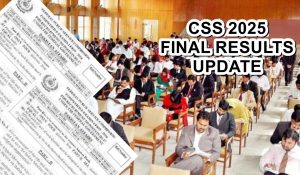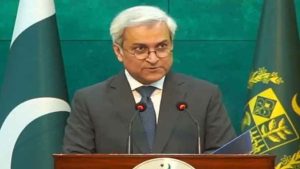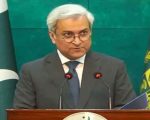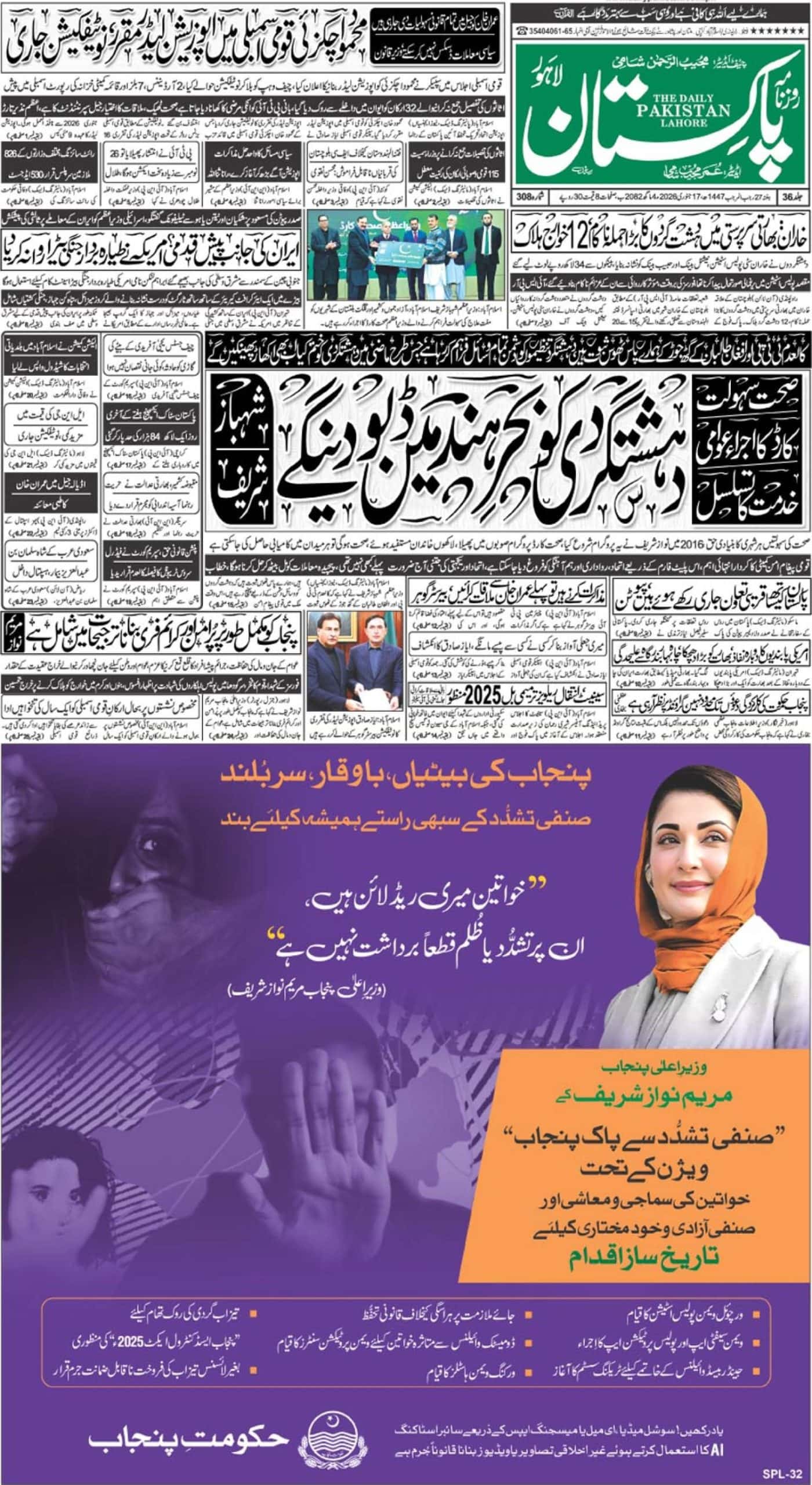Pakistani analysts and rights activists on Tuesday criticized the government’s authorization for the country’s premier spy agency, the Inter-Services Intelligence (ISI), to intercept and trace calls in the interest of national security. They argued that this move undermines citizens’ privacy and could be used to suppress political opponents, activists and media.
In a notification issued on Monday, the Ministry of Information Technology stated that the government had authorized the ISI to intercept phone calls and messages “in the interest of national security”.
This decision has brought surveillance by spy agencies into the spotlight, particularly after audio clips, including those of former Prime Minister Imran Khan and his wife, were leaked online ahead of the February 8 general elections.
“The government’s step to allow intelligence agencies to intercept calls and legitimize such actions through notification is extremely unfortunate because it creates non-transparent and unchallengeable circumstances for citizens to protect their privacy,” says Adnan Rehmat, a journalist and media activist. “This sneaky way of notifying to provide so-called legality to intercepting calls seems politically motivated.”
Rehmat emphasized that while the government has the right to formulate policies, it must do so after open discussion and consultations, especially for policies impacting the lives of common citizens.
He said this move was also suspicious, given past instances of phone tapping of political leaders, rights activists, and other prominent figures, including judges.
According to reports, the Lawful Intercept Management System (LIMS) enables access to private messages, video and audio content, call logs, and web browsing histories. A Pakistani court has observed that the mass surveillance system “lacked a legal foundation” and was being implemented without judicial or executive oversight.
Nighat Dad, executive director of the Digital Rights Foundation based in Pakistan, said the IT ministry’s notification granted permission to listen to private conversations without adequate justification or reasoning, violating the right to privacy.
“It also contravenes the Fair Trial Act by lacking oversight and accountability measures in case of misuse,” she said.
The Fair Trial Act stipulates that surveillance or interception of a citizen must be authorized by a proper warrant, including those issued under section 11, which permits the collection of evidence through interception, audio or video recording, communication monitoring, or surveillance of movements.
“If the privacy of citizens not posing a threat to national security is infringed upon, what legal recourse do they have?” she questioned, noting that surveillance orders typically include protections and safeguards for citizens.
Usama Khilji, director at the ‘Bolo Bhi’ advocacy forum for digital rights, said the Fair Trial Act outlined a process for lawful interception that required obtaining a court warrant, which the latest notification violated.
“The excuse of national security has been used since the inception of Pakistan to justify political meddling, and this is another example of it,” he said. The audio leaks case in the Islamabad High Court clearly illustrated the political nature of surveillance, particularly targeting activists, journalists, and political leaders. It is an effort to provide “legal cover to existing practices.”
“There should be transparency and legal oversight over all surveillance mechanisms along with avenues for redress against illegal surveillance,” he added.
Munizae Jahangir, a Pakistani journalist and activist, said the government’s move was a clear violation of individual rights and Article 14 of the constitution, as no law supersedes the constitution. Article 14 of the Constitution of Pakistan states that the dignity of a man shall be inviolable and home privacy shall remain private.
“It is hoped that this will be legally challenged as it likely contravenes privacy rights and may not withstand legal scrutiny,” she said, questioning if this was an attempt to turn Pakistan into a “security state.”
“The provisions outlined in the notification are typically reserved for times of war, which we are clearly not in,” she added, asserting that such measures are being used to control political opponents, media, judiciary, and human rights activists.
Iqbal Khattak, executive director of the Islamabad-based Freedom Network civil liberties organization, warned that without clear oversight mechanisms and well-consulted terms of reference, this move would undoubtedly violate freedom of speech and privacy.
Top News













